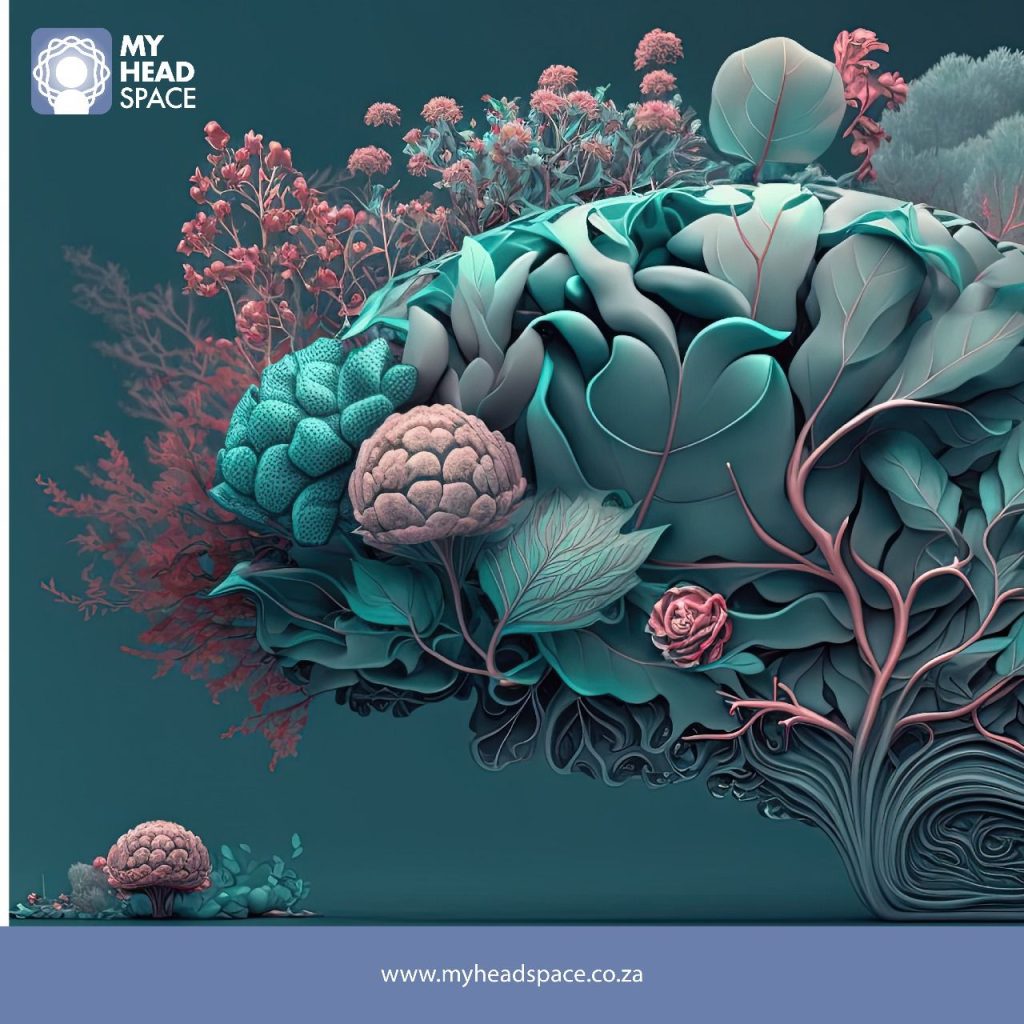Psychoanalysis
Psychoanalysis helps you uncover the hidden layers of your mind. It reveals repressed memories and unresolved emotions that influence your thoughts and behaviors. Through techniques like free association and dream analysis, you can explore your unconscious and confront painful truths. The therapeutic journey fosters emotional relief and personal growth in a safe space. By understanding your psyche, you gain insights that can transform your life. There’s so much more to discover about this fascinating process.
The Unconscious Mind: A Deep Dive
While you might consciously navigate daily life, much of what drives your thoughts and behaviors lies hidden within the unconscious mind. This deep reservoir contains repressed memories, unrecognized desires, and conflicting emotions that influence your actions without your awareness.
Understanding the unconscious can help you uncover underlying motivations that shape your personality and relationships. Often, defense mechanisms protect you from emotional pain, leading to reactions that may seem puzzling or disproportionate. By delving into this hidden domain, you open the door to healing and personal insight, allowing for deeper self-understanding and growth.
Techniques and Tools of Psychoanalysis
Once you begin exploring your unconscious mind, several powerful tools in psychoanalysis can guide you:
-
Free Association – Speaking freely without censoring thoughts can reveal hidden patterns and memories.
-
Dream Analysis – Interpreting dreams uncovers symbols that reflect unconscious desires or unresolved conflicts.
-
Transference – Emotions from past relationships may be projected onto the therapist, providing insight into emotional patterns.
-
Resistance – Avoiding certain topics can indicate areas where deeper work is needed.
These techniques form the backbone of psychoanalytic work, helping you navigate the complexities of your inner world. Over time, they allow you to process unresolved emotions and reshape how you relate to yourself and others.
The Therapeutic Journey: Process and Goals
The therapeutic journey in psychoanalysis is a gradual, introspective process that unfolds over time. You’ll engage in regular sessions—often multiple times per week—in a setting that encourages honesty and reflection.
The goals of this process include:
-
Gaining insight into unconscious motives
-
Resolving inner conflicts
-
Experiencing emotional relief
-
Achieving greater self-awareness
As you progress, patterns become clearer, and long-standing issues may surface. This safe, structured environment helps you reclaim agency over your emotions and make lasting changes. Psychoanalysis is a commitment—but one that can lead to transformative results.
Modern Adaptations and Relevance
Though rooted in Freud’s foundational theories, psychoanalysis has evolved significantly to remain relevant in modern therapeutic contexts. Today’s practitioners often blend traditional approaches with:
-
Neuroscientific findings
-
Cultural and feminist perspectives
-
Mindfulness-based techniques
-
Cognitive-behavioral insights
This integration results in a more flexible, inclusive, and holistic approach that aligns with the complexities of today’s society. By embracing these adaptations, psychoanalysis continues to offer deep self-exploration while addressing modern emotional challenges. It remains a powerful tool for healing, transformation, and personal insight in our fast-paced world.
Cultural Impact and Legacy of Psychoanalysis
Psychoanalysis has had a profound cultural impact, shaping how we think about identity, desire, and the human experience. Its influence can be found in:
-
Literature – Characters often mirror psychoanalytic themes of repression and inner conflict.
-
Art – Surrealism and abstract expressionism draw heavily from the idea of the unconscious mind.
-
Film and media – Psychological thrillers frequently explore hidden motives and symbolic dreams.
-
Language – Terms like “ego,” “projection,” and “inner child” have entered everyday vocabulary.
Psychoanalysis not only redefined therapy but also changed how we interpret stories, understand human behavior, and reflect on ourselves. Recognizing this legacy helps you appreciate its role in both personal healing and collective culture.
How Long Does Psychoanalysis Typically Take to Show Results?
It varies. While some individuals experience insights within a few months, others may engage in therapy for years to explore deeper issues. Long-term commitment often leads to the most profound and lasting changes.
What Qualifications Should a Psychoanalyst Have?
A qualified psychoanalyst typically holds an advanced degree (PhD, PsyD, or LCSW), has undergone psychoanalytic training at an accredited institute, and often has personal experience with psychoanalysis themselves. Certification by a recognized psychoanalytic association is also important.
Is Psychoanalysis Effective for Everyone?
Not necessarily. Some individuals may prefer more structured or short-term therapies like CBT. Psychoanalysis is most effective for those open to long-term, in-depth exploration of their inner world.
How Does Psychoanalysis Differ From Other Therapies?
Unlike therapies that focus on symptoms or immediate behavior change, psychoanalysis aims to uncover unconscious motivations. It emphasizes long-term insight over quick fixes, encouraging lasting emotional and psychological transformation.
Are There Any Risks Associated With Psychoanalysis?
Yes. You may encounter emotional discomfort, relive painful memories, or face challenging realizations. However, a skilled therapist ensures these experiences are processed safely and supportively, leading to healing over time.
In exploring psychoanalysis, you’ve taken a step into the rich world of the unconscious mind, where repressed memories and deep-seated patterns reside. Through techniques like free association and dream analysis, you can uncover hidden truths and find clarity amidst emotional complexity.
This therapeutic journey fosters profound personal transformation, offering insight into your past and empowerment for your future. As psychoanalysis continues to evolve and influence both therapy and culture, it invites you to embrace a more reflective, self-aware way of living—one where your inner world is not a mystery, but a source of strength and understanding.

